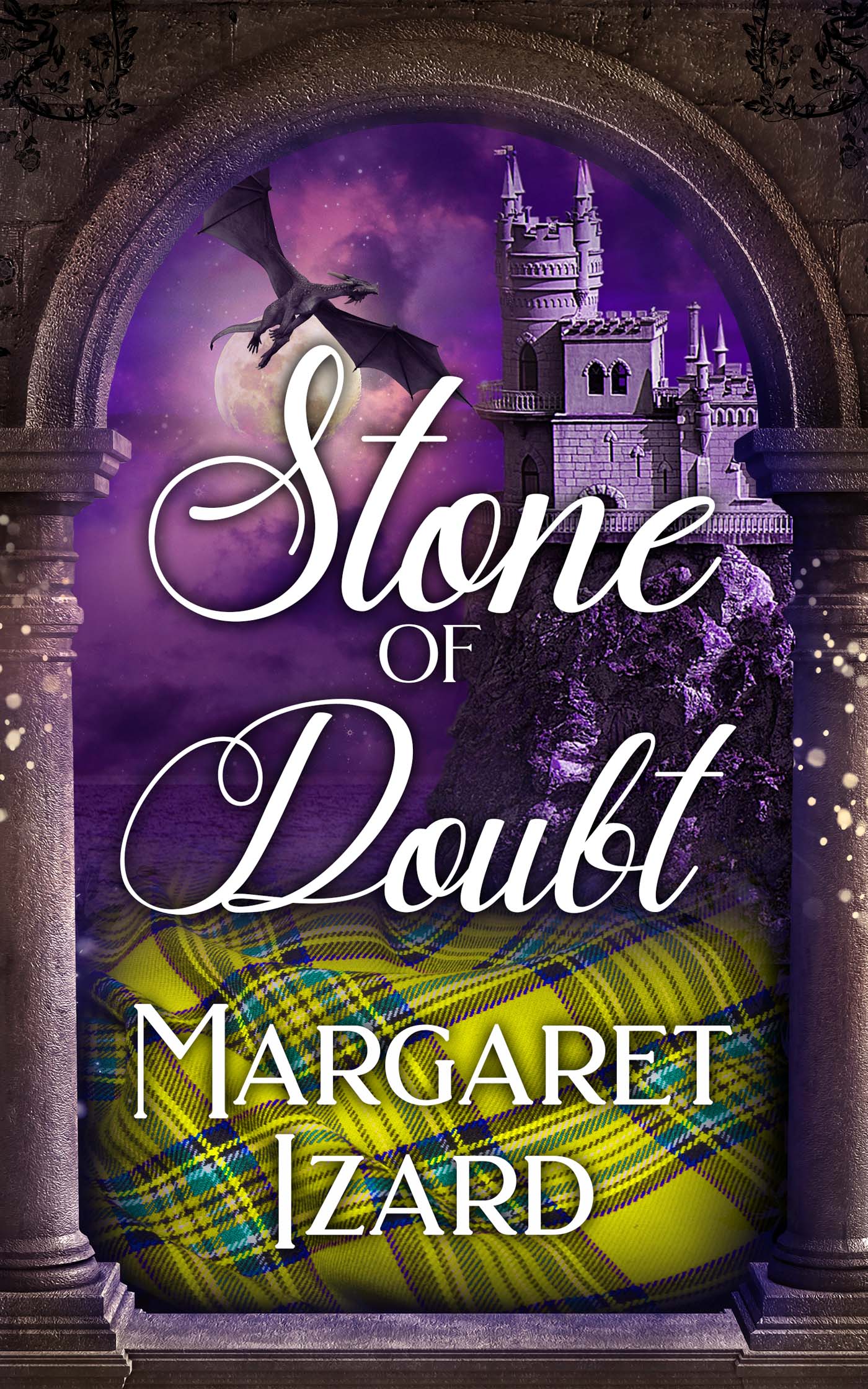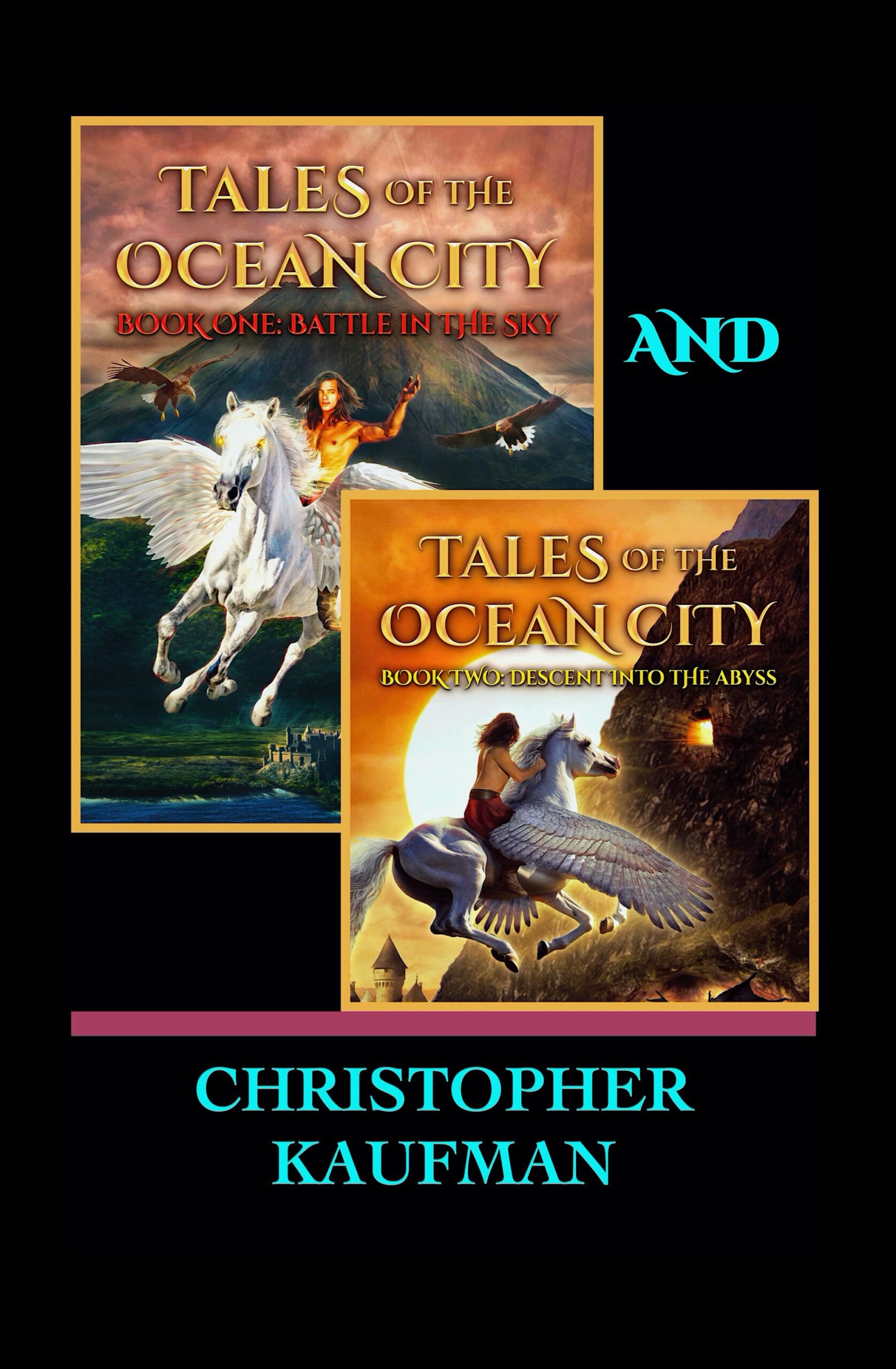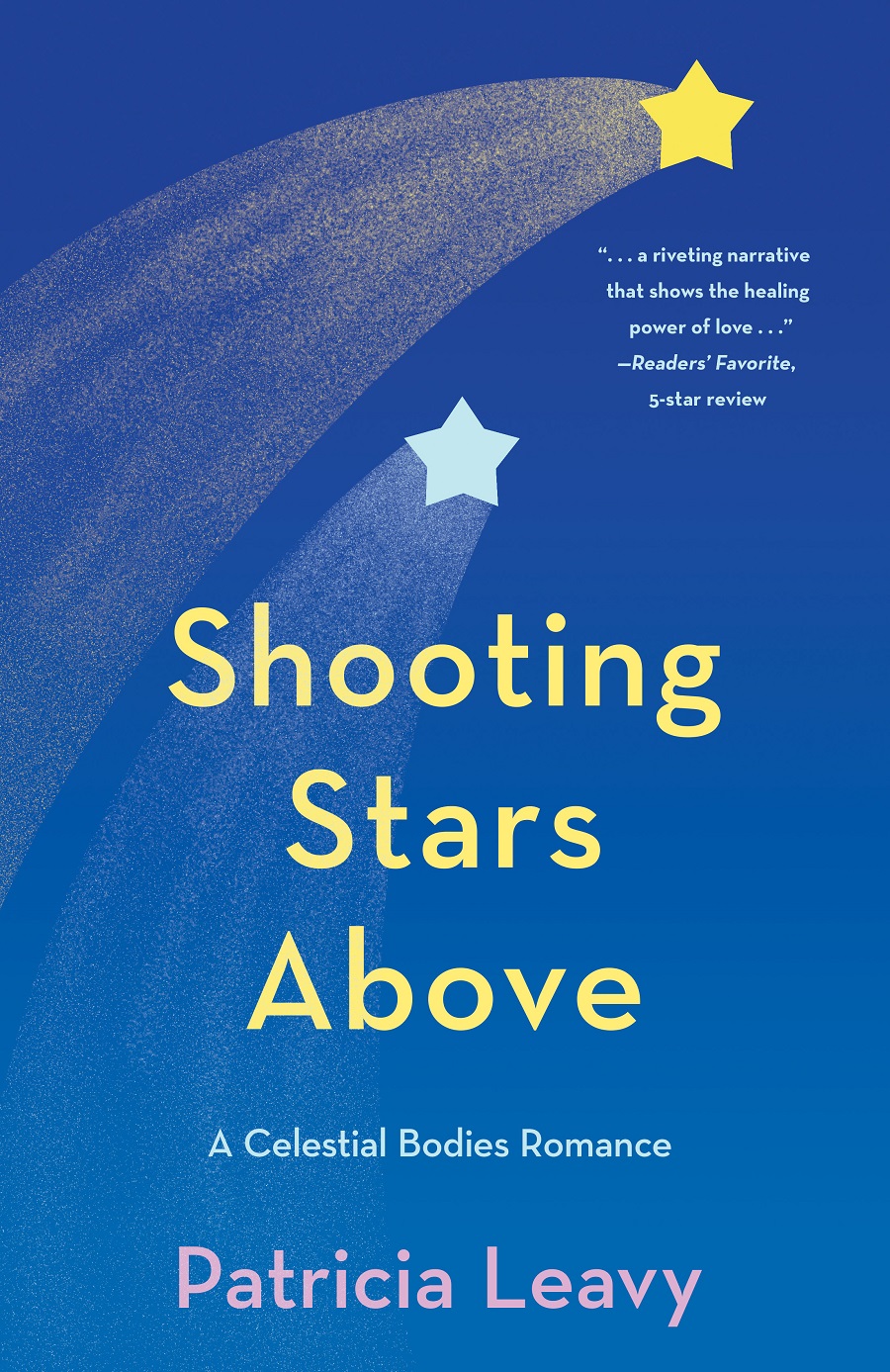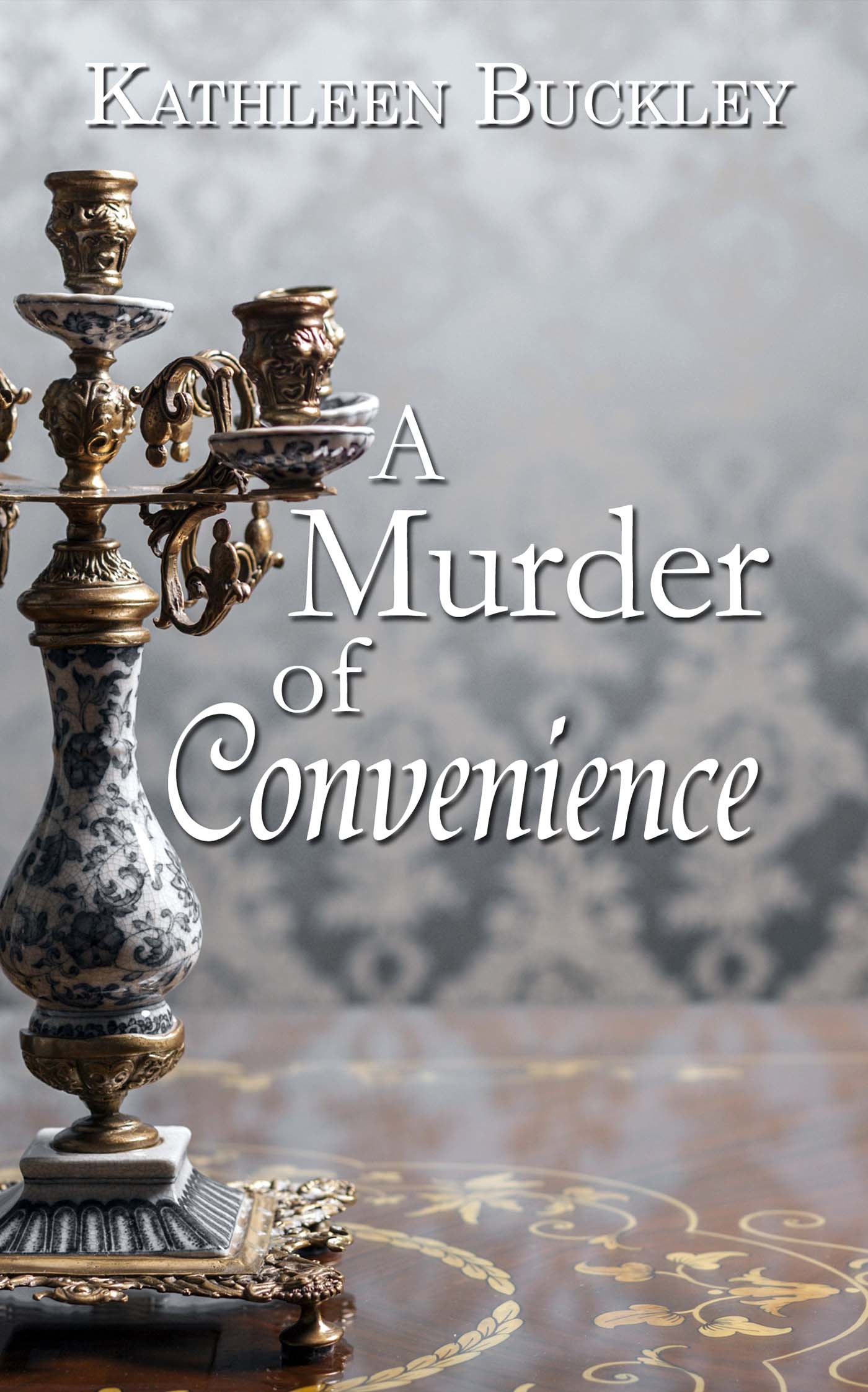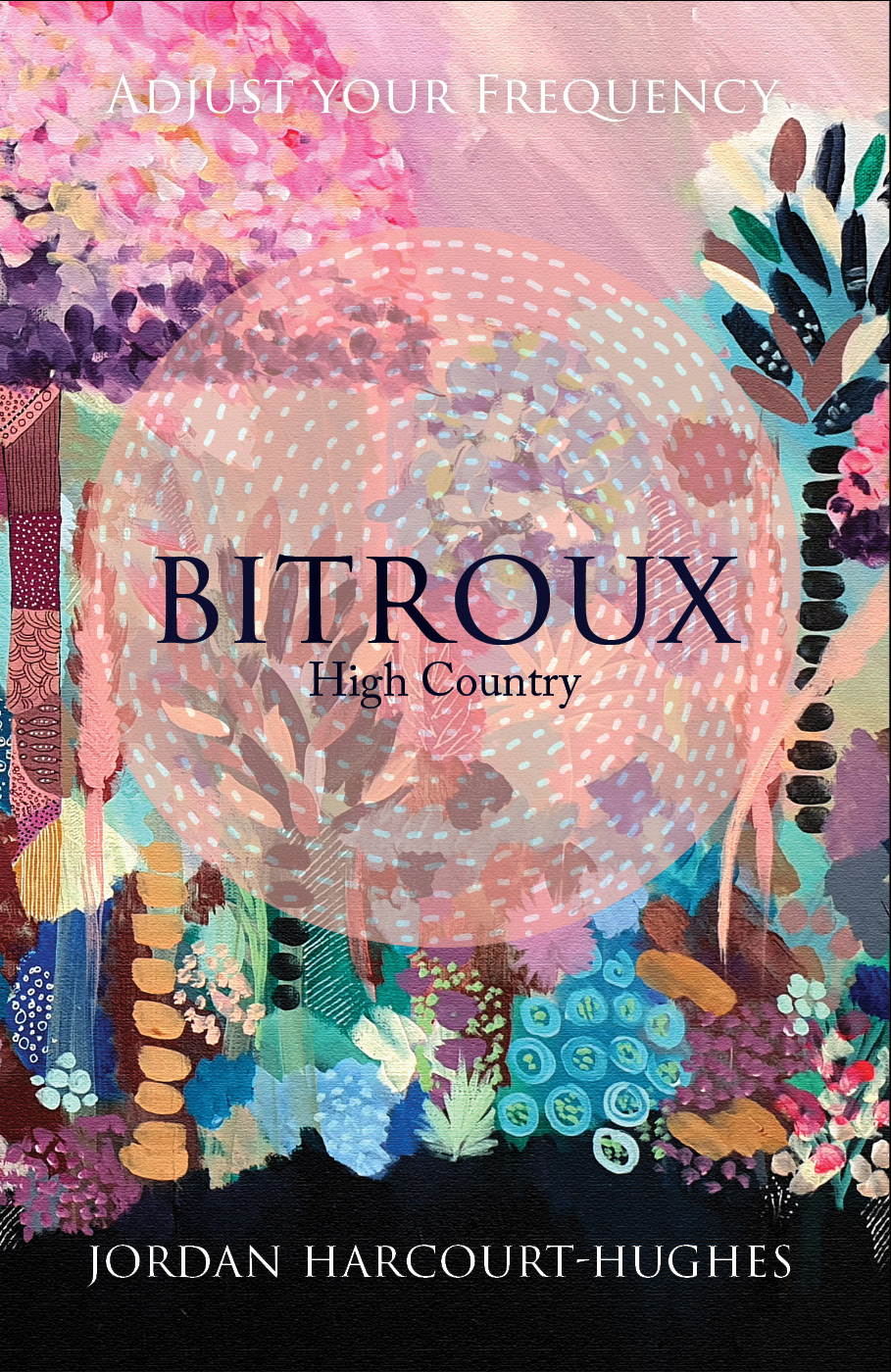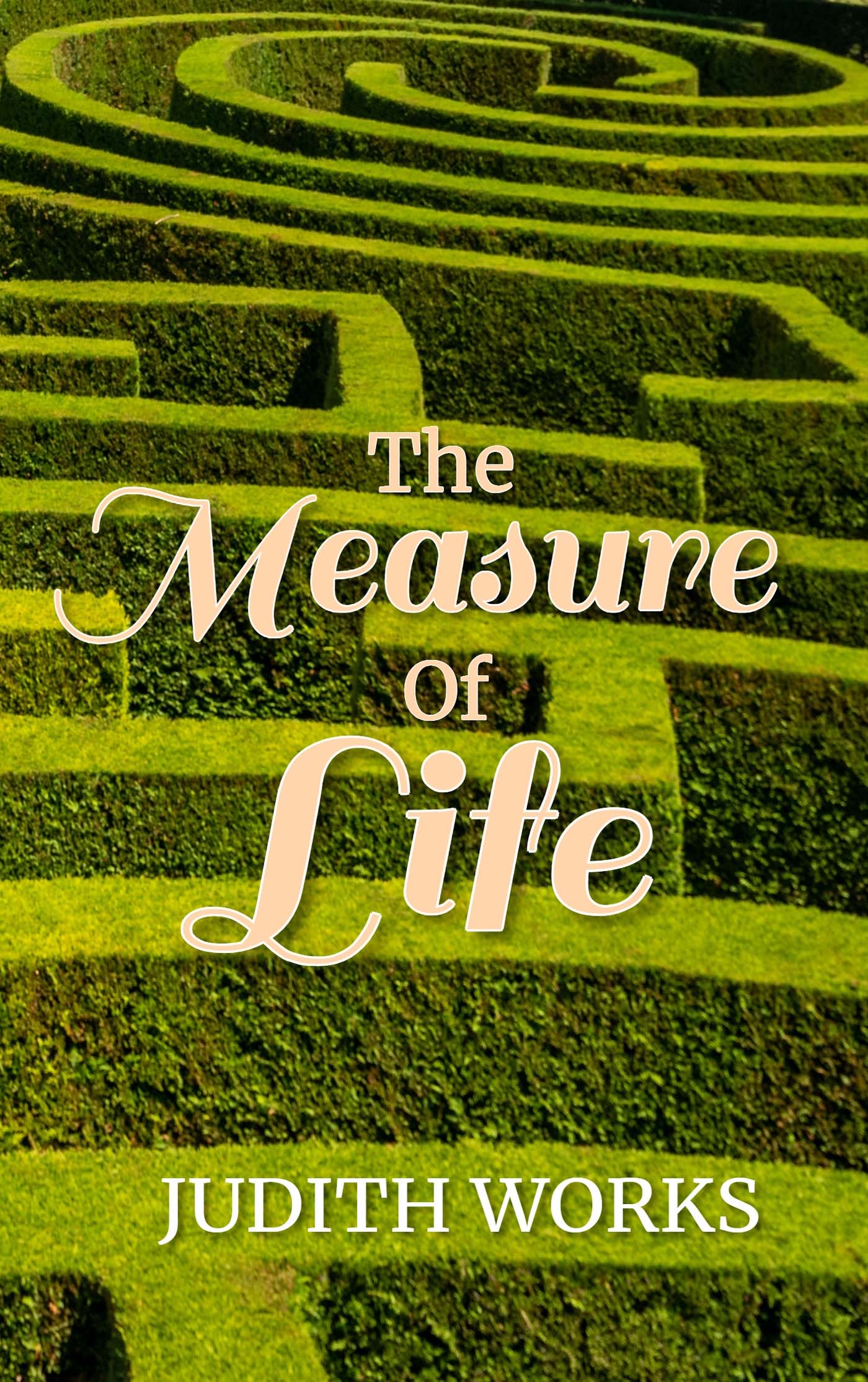This post is part of a virtual book tour organized by Goddess Fish Promotions. The author will be awarding a $10 Amazon/BN gift card to a randomly drawn winner. Click on the tour banner to see the other stops on the tour.
As a writer — or any creative — it is tough to take criticism because our art is so connected to us. It’s something that we create from within our own minds, so it really is a part of us. I used to be very susceptible to negative comments, but then I started to live my life within two — I don’t know; I wouldn’t quite call them motivational quotes, so maybe — modes of operation.
1. Don’t take criticism from someone whom you wouldn’t take advice from.
2. The subtle art of not caring what others think.
The first one of these is quite simple. If I was a surgeon, I wouldn’t take advice from a math teacher about how to perform a highly specialized surgery, so I wouldn’t take their criticism on my surgery skills either. In a similar vein, if someone has never written a book or, even more unbelievably, has never read a book, I’m not going to take their criticism either.
Now, if the person offering the criticism is someone that I’ve built a relationship with — someone that I have grown to trust and respect, then while the negative criticism may sting, it is surely coming from a place of caring and respect as well. That certainly makes it easier to take, after a period of reflection.
The great thing about any criticism is that we can decide how to take it, even if that means letting it go. Sometimes we get criticism that we just decide isn’t for us. For example (and to be honest, one of my favorite bits of negative criticism that I’ve received), a reviewer once stated that my book was “all rom — no com”, and I chose to laugh about this and remind myself that perhaps my sense of humor didn’t mesh with theirs. While I remember this criticism — and apparently I can’t let it go hahahaha — I’ve chosen to embrace it.
The second bit of advice (if you want to take it; not required, of course) has a little bit more work to it. The first part is making a list of anyone whose opinion you truly care about. Truly. Not the random cashier in the grocery store that you group the items on the cash register belt for so that he thinks you’re the best customer ever to come through the line. People that make a real impact on your life, such as your children, spouse, partner, parents, siblings, or best friend — people like that. People that if they told you that they were disappointed in you, it would crush you. My list consists of eight people. Eight. That’s right, a single digit number. And, for me, those people would only be disappointed if I was doing something unethical, illegal, intended to hurt someone, or against my own core beliefs.
You take that list of people, and you add to it “things I am required to do for my job”, because your job is your livelihood. If you lose that, you may not be able to eat or have shelter or other essentials, etc. Sometimes we have to do things for our job, and that’s just the facts. (Just as long as it isn’t unethical, illegal, intentionally hurting someone else, or against your core beliefs).
The rest of the world goes in a second column.
So any time you have to make a decision and you are on the fence of doing what you really want to do, think about whether the people on your short list would be disappointed in your decision; think about if making that decision would cost you your job. If the answers to these two questions are “no”, then do what you want.
Then all of the negative comments about your decision goes back to that first piece of advice — “don’t take criticism from someone whom you wouldn’t take advice from”. So, at that point, who cares? Your short list isn’t disappointed, and you have your livelihood, so… you’ve begun to master the subtle art of not caring what others think about you. You have started living life as your authentic self.
Reunited with his mate Zoie and having taken revenge on some of his immortal enemies, werewolf Hugh has new goals for revenge and justice: Ruin the lives of his remaining foes and end their reign.
The powerful Council of the immortal world has been imprisoning those who oppose them. But now, Hugh is one of the Council and perfectly poised to take the Council from the inside with the help of Zoie and their friends.
While Zoie is busy working on her witchcraft—studying and practicing so that she can protect her loved ones, Hugh probes for the secrets that have kept them in power for so long.
Investigating both openly and in secret, Hugh uncovers more than just the public terror. Even without the mock trials, those who disagreed with the Council often found themselves in the dark, lonely purgatory of being a gargoyle. Trapped and awake for all of eternity, in a rapidly expanding graveyard that ages all who enter.
Even immortals have things they fear more than death.
Enjoy an Excerpt
Visibly, yet quietly, annoyed, Hugh stood with his arms folded over his chest and a deep frown on his face. Still, this was his duty. Hugh held his place just off of the stage in the center of Nightbrooke.
The stage. That’s all it was, in his opinion. Everyone avoided even stepping on it when it was empty. Not out of respect, but out of fear. The only performances ever held on this stage were to overflow those who traveled through the underground world, secret from all mortals, with the certainty that if they put one toe-—one hair, one breath—out of line, they would be punished.
This place—Nightbrooke; Tenatoria; El Reino Mágico—
whatever it was called where that particular inhabitant was originally from—was intended to be a sanctuary for supernatural beings. It was supposed to be a safe place where they could be whatever they were without having to hide it. But this stage showed that this wasn’t sanctuary for everyone.
The only people who wanted to be on that stage were Hugh’s fellow council leaders. He had no desire to ever step foot on those ancient wooden boards, held together by even more ancient magic.
That’s why he hung off to the side. The others, however, relished these moments. Anything to see the fear in the eyes of the people they felt were a lower status than them.
Reon, King of the Abyss—the man who thought he was the King of Everything—was babbling on and on about the alleged crimes that the person before him had committed. He stood proudly on those wooden boards holding a scroll. He was nearly floating above the boards with joy. Hugh could hear Reon’s flutter from where he stood.
The difference between the two of them was a constant tension on the Council. They debated on opposite sides of every decision, to the point where Reon asked if Hugh was opposing him intentionally and just for the sake of being contentious.
About the Author:  Katie Groom grew up in rural Pennsylvania, where she received her bachelor’s degree in Business Management from PITT and her master’s in Employment and Labor Relations from Indiana University of Pennsylvania. In 2016, she decided to move to Alabama in order to avoid as much snow as possible (and to advance her career in Human Resources).
Katie Groom grew up in rural Pennsylvania, where she received her bachelor’s degree in Business Management from PITT and her master’s in Employment and Labor Relations from Indiana University of Pennsylvania. In 2016, she decided to move to Alabama in order to avoid as much snow as possible (and to advance her career in Human Resources).
When she isn’t working, Katie enjoys reading, writing, jokingly critiquing movies and TV, and campaigning that the plural of moose should be meese. She also loves to take in live music (especially Hanson) and traveling, with the goal of reaching each of the continents. Katie’s favorite pastime, however, is spending time with her beloved Shih tzu, Delta.
Buy the book at Amazon.
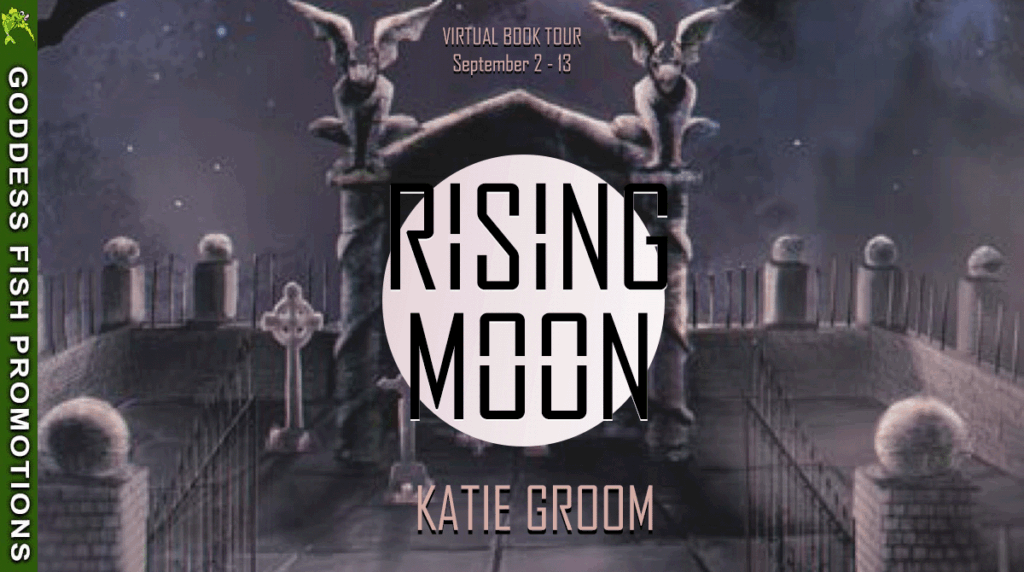

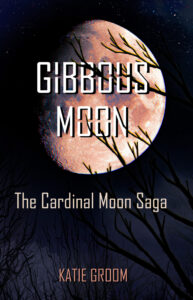

 After breaking her engagement and traveling 800 miles to start her life over, literature student Zoie is ready to live her life within the books she reads and the worlds she creates on the page. She will live her life solo — only her stuffed animal Judy by her side.
After breaking her engagement and traveling 800 miles to start her life over, literature student Zoie is ready to live her life within the books she reads and the worlds she creates on the page. She will live her life solo — only her stuffed animal Judy by her side. Katie Groom grew up in rural Pennsylvania, where she received her bachelor’s degree in Business Management from PITT and her master’s in Employment and Labor Relations from Indiana University of Pennsylvania. In 2016, she decided to move to Alabama in order to avoid as much snow as possible (and to advance her career in Human Resources).
Katie Groom grew up in rural Pennsylvania, where she received her bachelor’s degree in Business Management from PITT and her master’s in Employment and Labor Relations from Indiana University of Pennsylvania. In 2016, she decided to move to Alabama in order to avoid as much snow as possible (and to advance her career in Human Resources).



